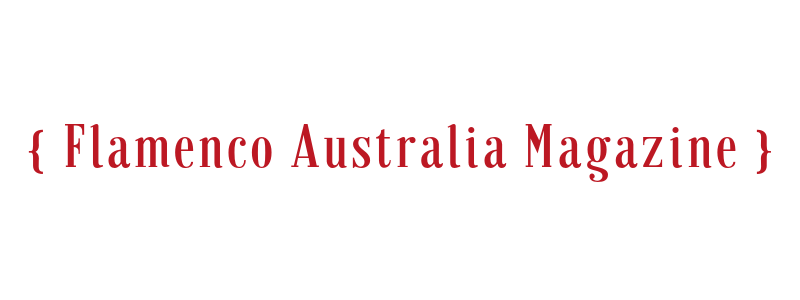¿What is a concurso?
I speak a bit of Spanish, but even if I didn’t I could look in the dictionary and tell you that concurso means competition. But… there’s a bit more to it than that. While dance competitions typically inspire images of girls in leotards and hair in tight buns, the flamenco concurso is a far cry from that stereotype.
In fact, the original flamenco contest, the ‘Concurso de Cante Jondo de Granada’ focused purely on flamenco singing. It was held in June 1922 in the Alhambra, Granada to celebrate traditional flamenco song or ‘cante jondo’. Organised by the composer Manuel de Falla with strong support from poet Federico García Lorca, the focus was on recognising and valuing flamenco, in defiance of the art form’s critics at the time. Entrance to win prizes was only open to singers under 21 years of age, but the two-day competition hosted other events including performances from professional artists at the time. Isn’t that a moment you’d love to be transported back to?
Flamenco competitions don’t really exist outside of Spain, but within the country and especially in Andalusia, flamenco competitions are an important part of the modern flamenco culture. Competitions for flamenco singing, guitar and dancing are highly respected. They can make an artist. Browsing through biographies on deflamenco.com (in Spanish) you will see that many of today’s top performers have won awards in prestigious flamenco competitions.
Arguably the most prestigious contest is the ‘Concurso Nacional de Arte Flamenco de Córdoba’. First held in 1956, it sought to ‘rescue’ flamenco singing and recapture the sentiment of the 1922 Concurso de Cante Jondo de Granada. The competition is held every three years and while early editions only celebrated flamenco singing, later editions saw the introduction of guitar and dance prizes. The inaugural winner, picking up first prize across all singing categories at just 24 years of age, was Fosforito. He went on to have a celebrated career. If you’re not familiar with his voice, there are plenty of videos online including this early recording. In fact, searching for the competition on YouTube yields a wealth of study material!
Another distinguished competition is ‘Cante de las Minas’, which also started as a singing competition and later diversified to include awards for guitar, dance and more recently, other musical instruments. The original intent of all the above mentioned competitions was to capture and recognise flamenco song, preventing it from being lost, and celebrating its value. They provided a path for formalising and professionalising flamenco. They have also provided invaluable opportunities for aspiring flamenco artists. The singer Miguel Poveda, for example, was virtually unknown until he was awarded multiple prizes in the Cante de las Minas competition in 1993. Watch his performance here!
There are many flamenco competitions held across Spain, each with different prizes, rules and conditions of entry. One competition of note that permits international entries is the Cristina Heeren Foundation Flamenco Talent Competition. The 2020 edition has seen international entrants from Japan and France reach the finals, which are being held in July. Its prizes include scholarships for study at the Foundation’s school in Seville. Perhaps we will see some entrants from Australia in coming years? You can watch the semi-finals and finals online, streamed on the Fundacion Cristina Heeren YouTube channel.
Are flamenco competitions are good idea? Would you like to compete in one? Tell us what you think in the Comments below.
